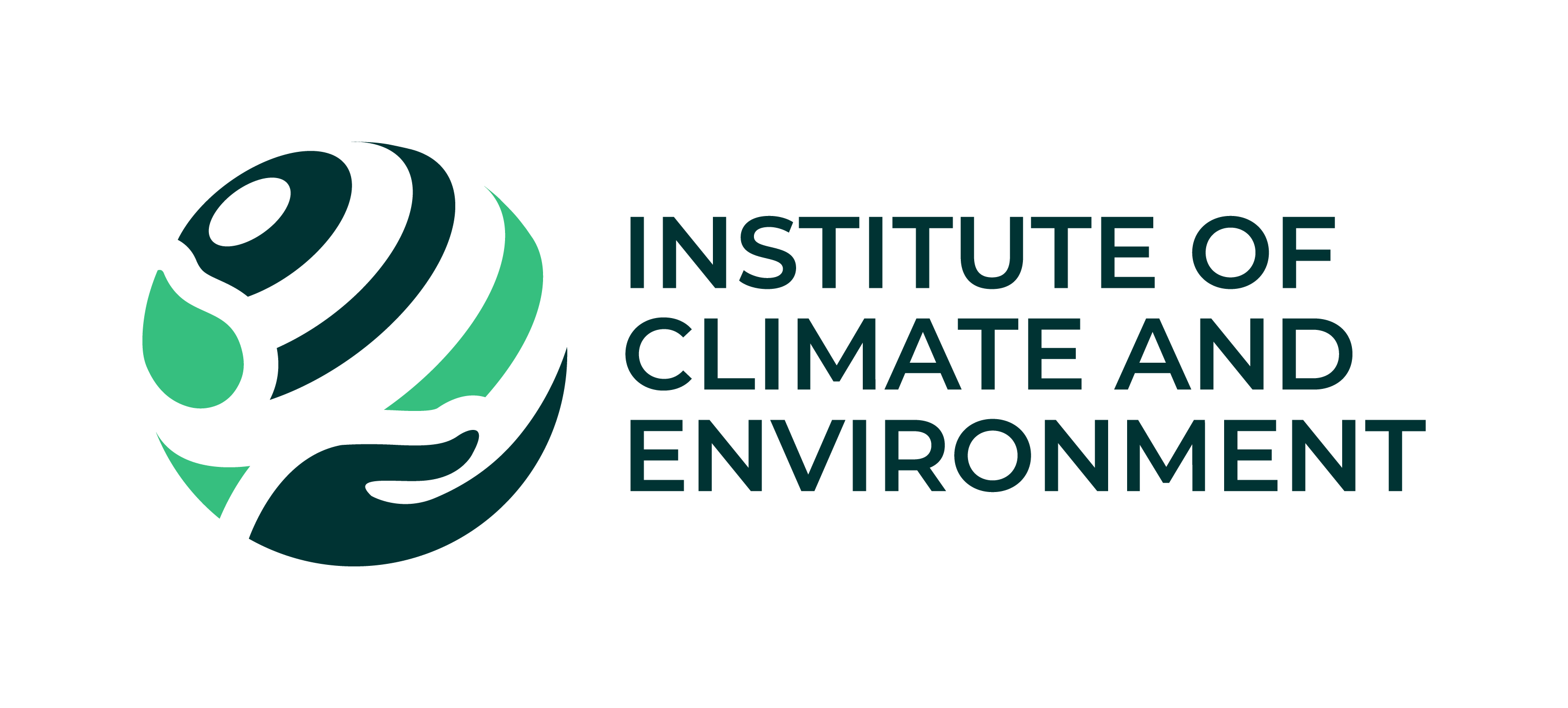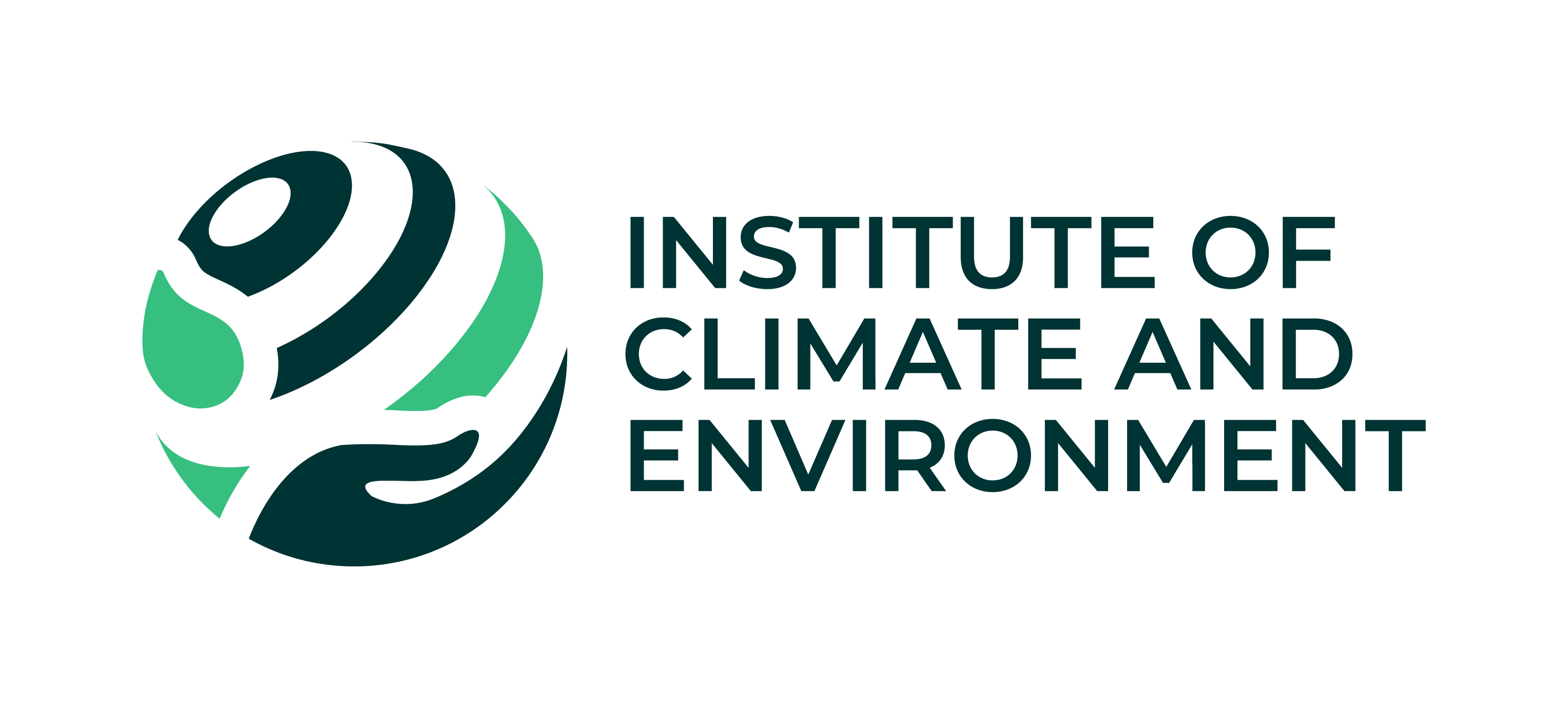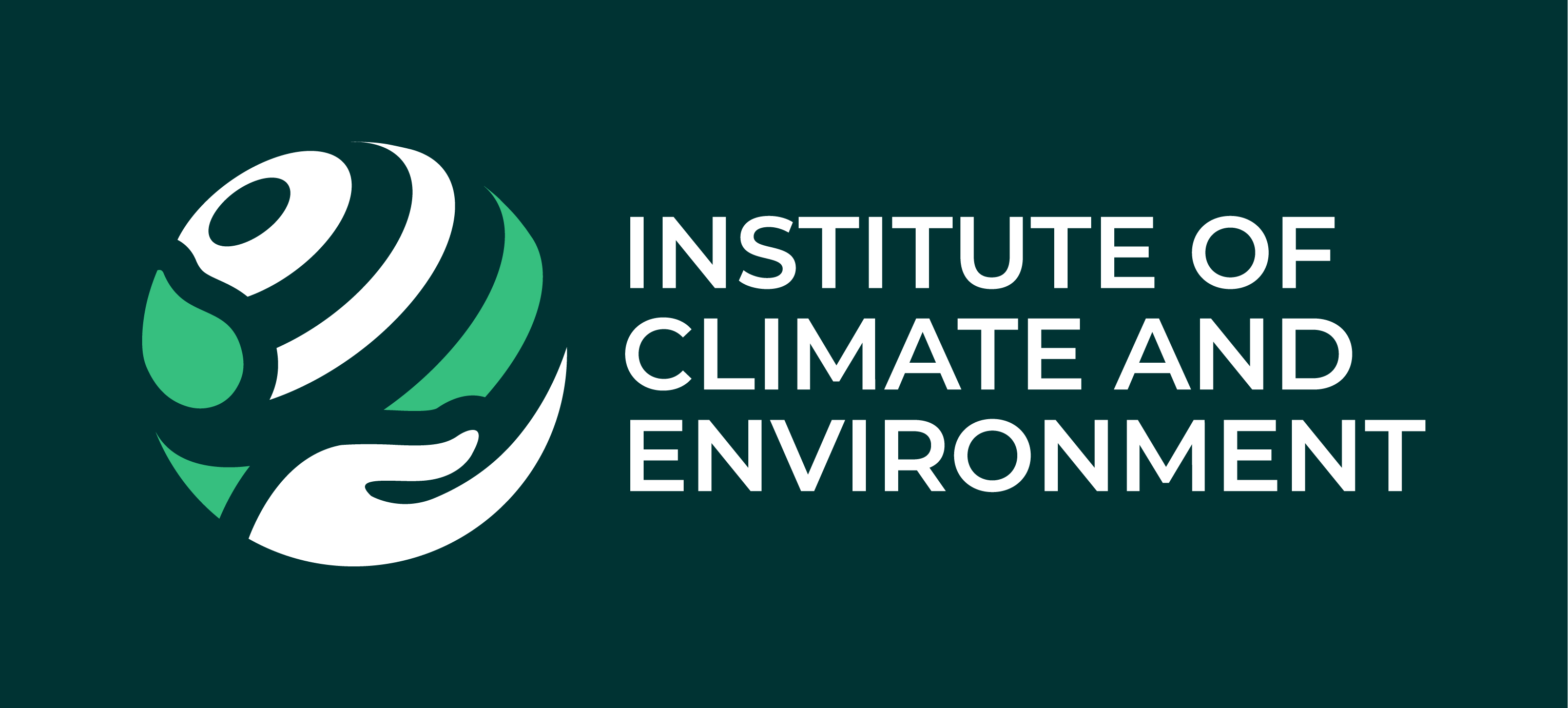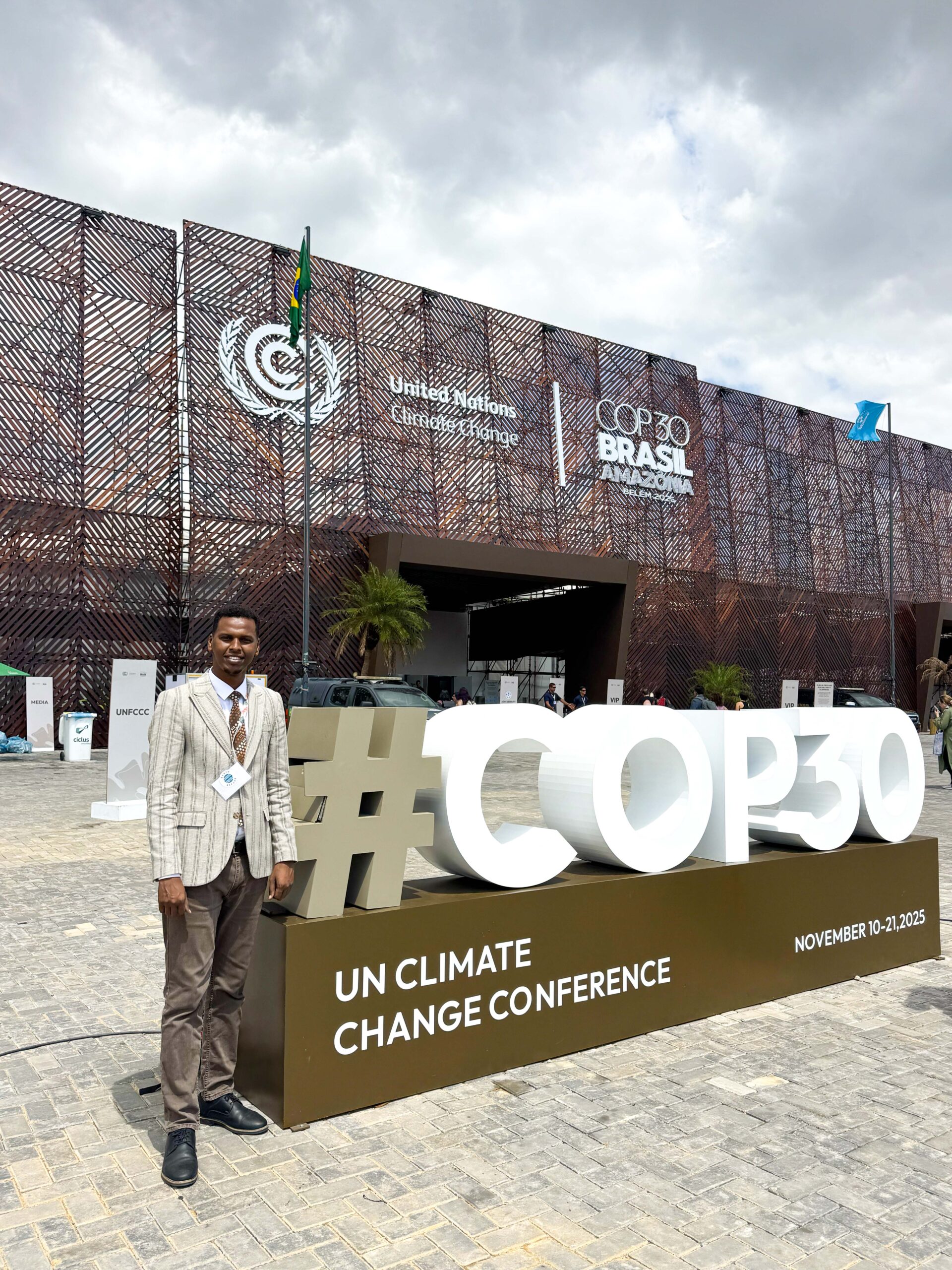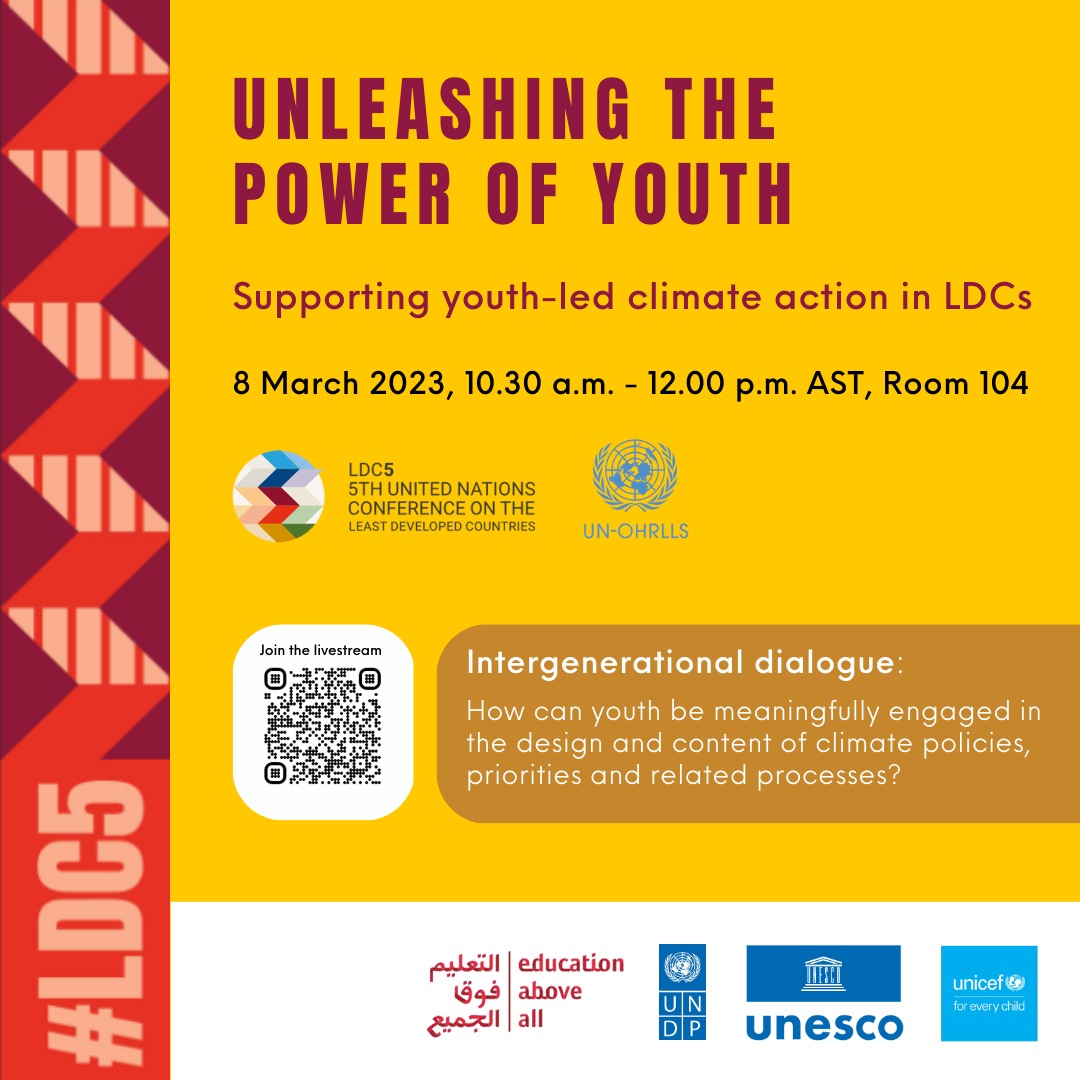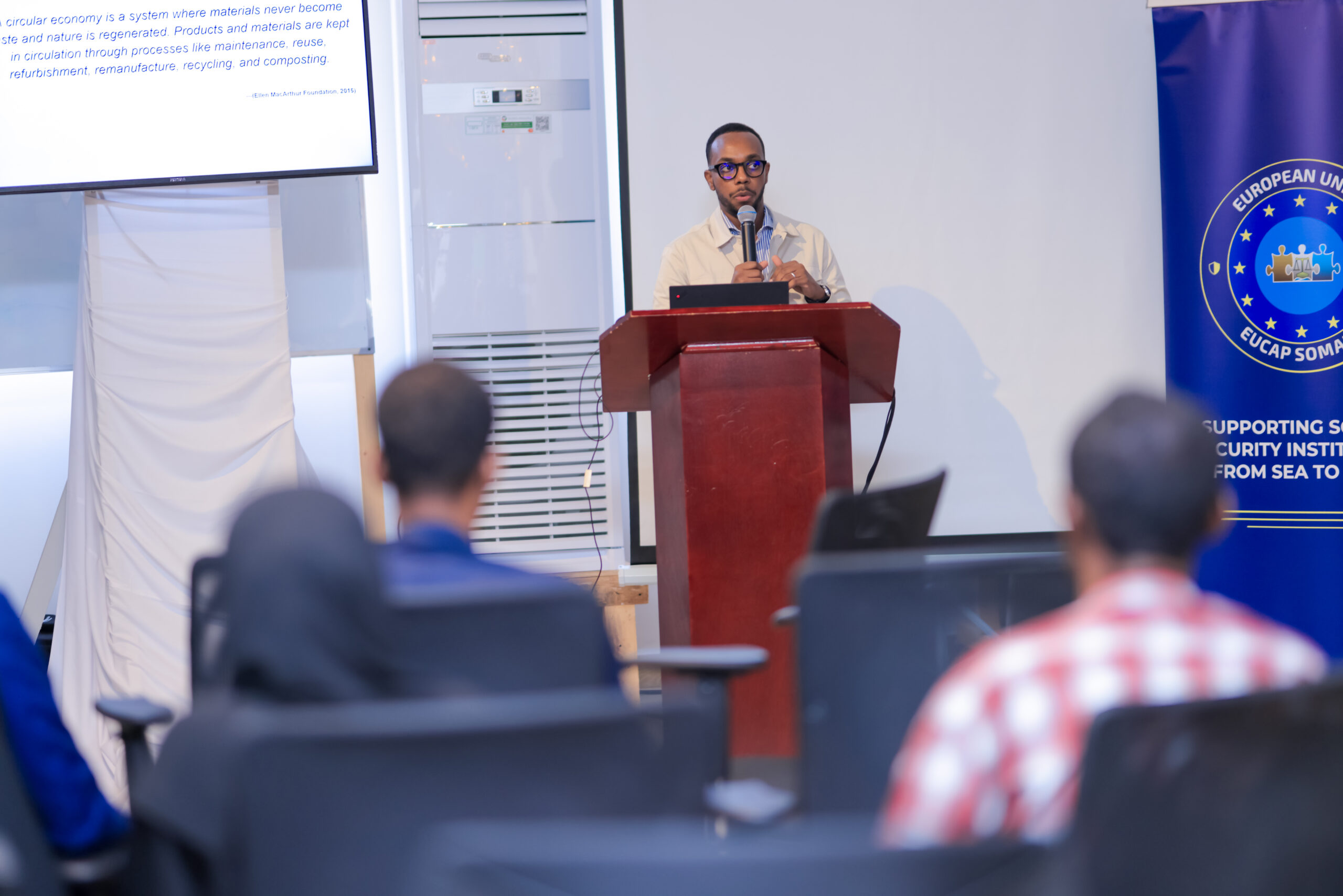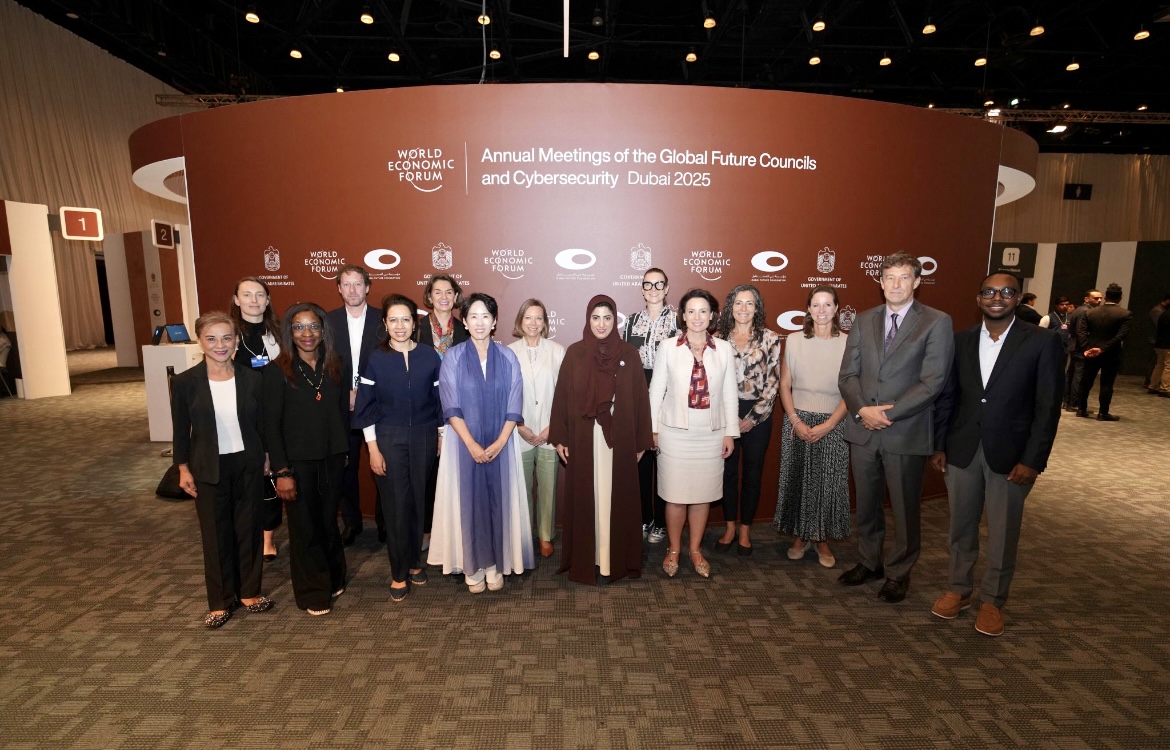
ICE Institute at the World Economic Forum’s Global Future Councils 2025
Last week, the Global Future Council on Climate and Nature Governance convened in Dubai for its first in-person meeting of the 2025–2026 term, held during the World Economic Forum’s Annual Meeting of the Global Future Councils (AMGFC25). The summit brought together over 500 global experts from business, academia, government, and civil society to explore the future of governance, sustainability, and resilience in a rapidly changing world.
Representing Somalia and SIMAD University, Mohamed Okash, Founding Director of the Institute of Climate and Environment (ICE), joined fellow council members and thought leaders to deliberate on how to bring climate and nature into the heart of boardroom decision-making.
The sessions — which included bilateral, multilateral, and cross-council engagements — explored new Guiding Principles on Climate and Nature Governance, integrating behavioral science, data, and AI to advance sustainability as a core pillar of modern governance.
The Council underscored that nature and climate action are not acts of philanthropy, but strategic imperatives. Integrating sustainability into core decision-making is rapidly becoming a competitive differentiator for organisations across all sectors. Participants emphasised that boards are now the architects of resilience—the extent to which leaders are climate-literate and risk-smart will determine which institutions remain insurable, investable, and credible in the years ahead. A major theme that emerged was the need to reframe the narrative: sustainability and nature-positive strategies should no longer be seen as costs but as powerful engines of growth, resilience, and competitiveness. The discussions also highlighted that behavioural science can serve as a catalyst for change; shifting organisational culture, rather than enforcing mere compliance, will drive the kind of courageous decision-making needed in boardrooms today. Finally, the Council emphasized that data and AI are force multipliers, offering the analytical depth and foresight necessary to assess nature and climate risks, generate smarter insights, and strengthen governance accountability across systems.
Towards a Future-Ready Governance Framework
The Council emphasised that future governance must go beyond box-ticking — it must shape the future. Integrating nature and climate considerations into corporate and public decision-making is no longer optional; it is essential for long-term planetary and institutional resilience.
As a member of this global council, ICE Institute continues to champion Somalia’s voice in international climate governance conversations, ensuring that African and least-developed country perspectives are represented in shaping the global sustainability agenda.
